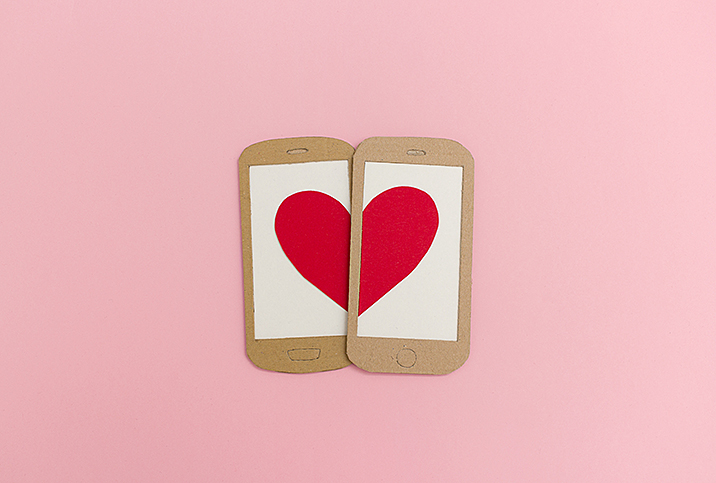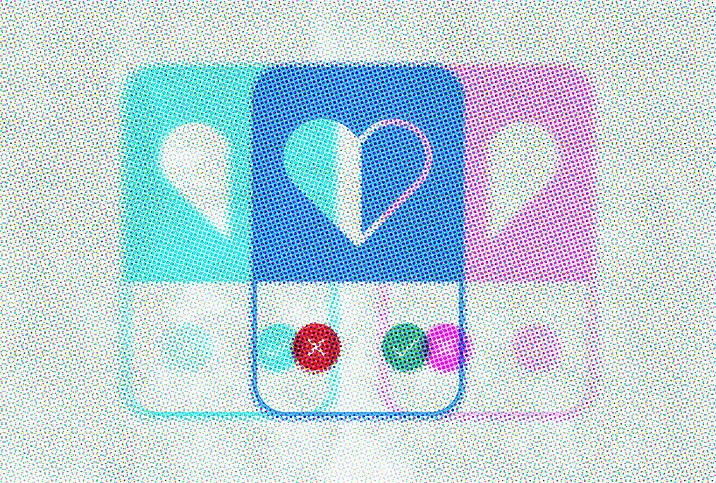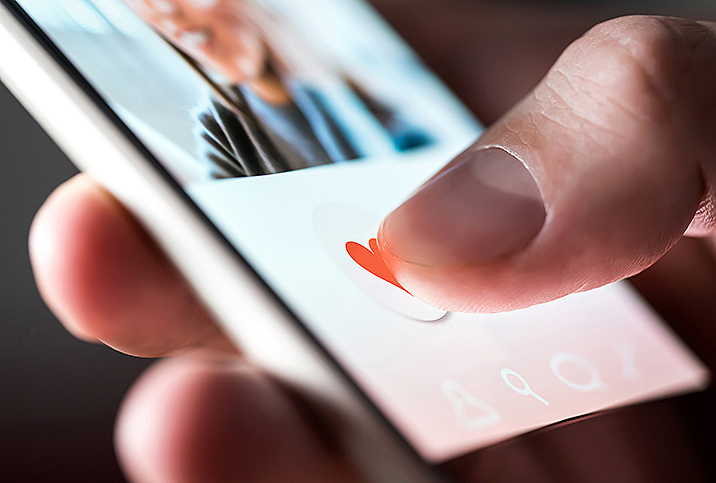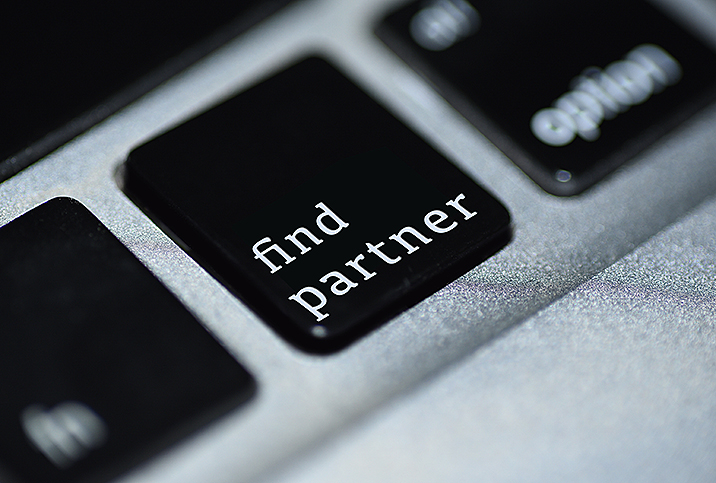Digital Dating: The Problem with Romance Online

Dating has never been easy, but over the past year and more of the COVID-19 pandemic, single folks have turned up the volume on finding love online via their computer or smartphone. Dating apps such as Tinder, Grindr, Hinge and Bumble, to name a few, have experienced a surge in usage in the past 12 months.
But is this a good thing? Or do dating apps represent a numbers game where everybody loses?
Scammed & spammed
Analog dating doesn’t occur without the risk of encountering unscrupulous people or entities, and matchmaking services existed long before anyone carried a smartphone. Personal ads in the newspaper or other community publications allowed a degree of anonymity mixed with convenience. The idea was simple: divulge the information you choose and track the ad’s success based on the number of responses.
The cost, as well as its effectiveness in placement and phrasing, was quantifiable and didn’t require continued purchase if desired results weren’t achieved. After you received responses, the next step was meeting and, hopefully, dating.
Dating apps can be more mysterious. It’s no secret that dating apps are subject to bots, ghost profiles and catfishing attempts. Some of these bogus profiles are actually employed by companies that back the platforms, while others represent shady individuals and difficult-to-identify institutions taking advantage of opportunities to gather data and generalized information on users.
The United States government has little to no ubiquitous agreement as to how these services should protect the privacy and safety of their users, and dating apps have—so far, at least—been given leniency as to how they promote their respective success rates. There is effectively no legislation in place to prevent modern matchmaking services from lying to potential and existing users about their chance of finding a mate online.
Perils of profit
The average user on an app-based dating service often has little understanding of the technology or the supporting platforms that contribute to the app’s operations.
Dating apps typically offer a free service in order to entice registration. Sometimes the free profile is temporary, requiring a subscription for further use after a deadline. On other apps, the functions are extremely limited until users agree to pay for a premium subscription. You’re also presented with ads telling you that paid accounts yield more matches or attention from other users, and paying for more services will increase your chances of finding love.
While online dating has worked for many users, and obviously helps people make connections, it includes no guarantees.
Unnatural selection
Rejection is a part of life that has likely already shown itself on your journey to romance. Dating apps glorify the immediate satisfaction of a match and remove the fear of rejection by scrolling profiles and images. The idea of a left or right swipe could be argued as a way to dehumanize the process, but it’s not something you feel, like a snub or a slap to the face.
The user is likely to experience one of two realities, where their sense of self-worth is determined by the abject approval or disapproval of others. Studies depict that half or less than half of online matches result in meaningful conversations, let alone satisfying relationships.
In addition, be aware of your mental health when using dating apps. Make sure you are not conflating the concept of matching or receiving attention with your definition of your self-worth. If you are concerned about how these apps are making you feel, consider talking to a therapist or seeking consultation.
The takeaway
Deciding to use a dating app is a personal choice. Be mindful of your financial and emotional investment. Ask yourself if the app is helping or hurting. Spending a little time or money here and there might be great for you, but remember, there are no guarantees.

















